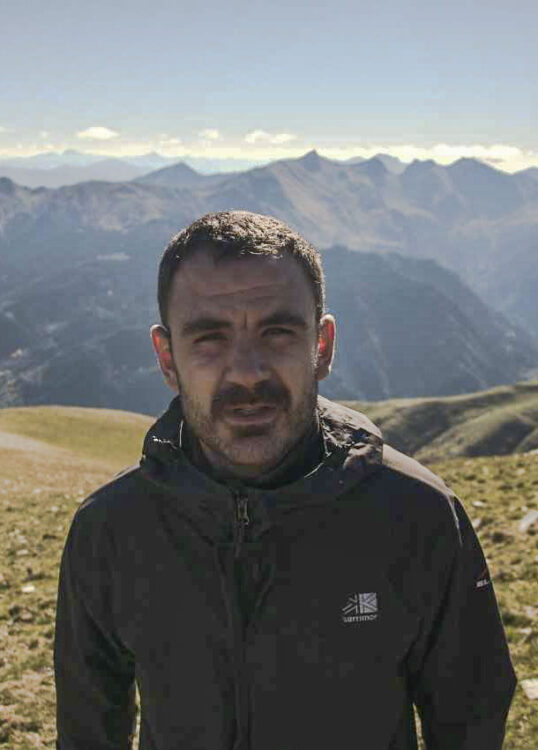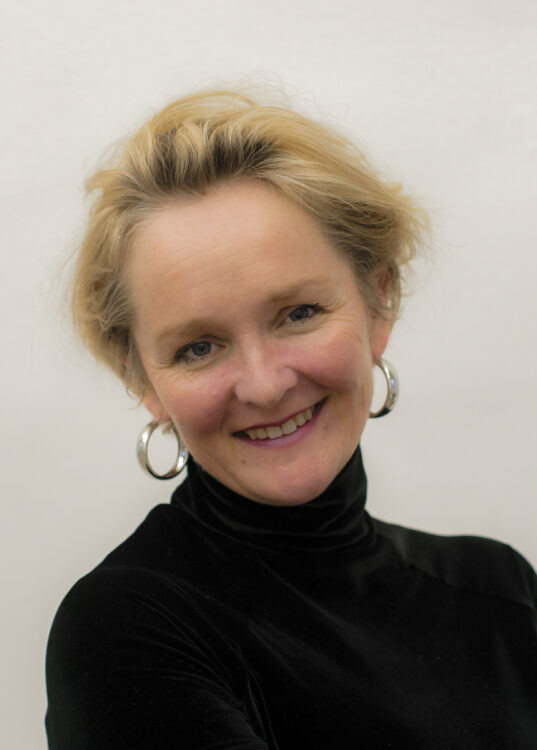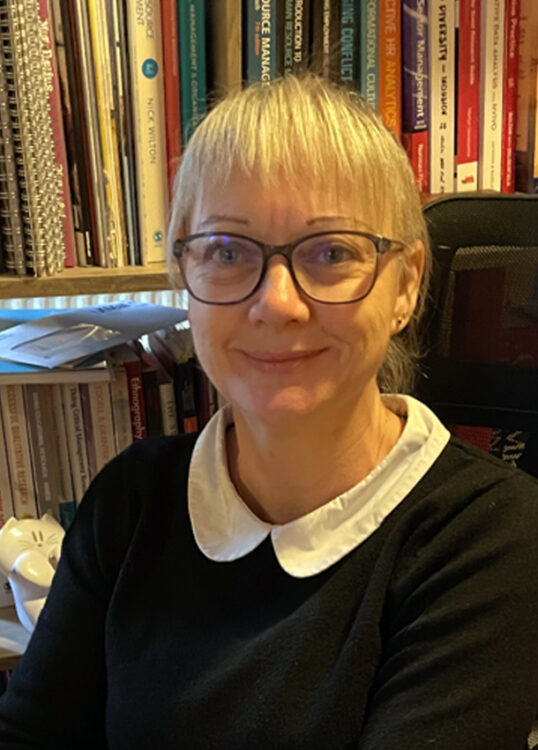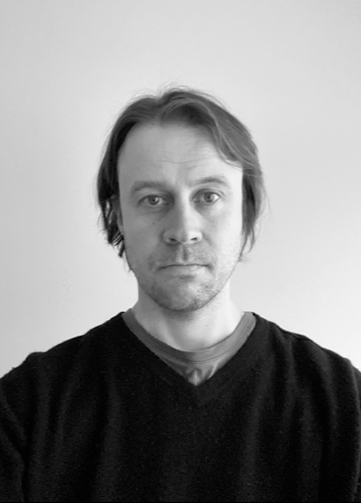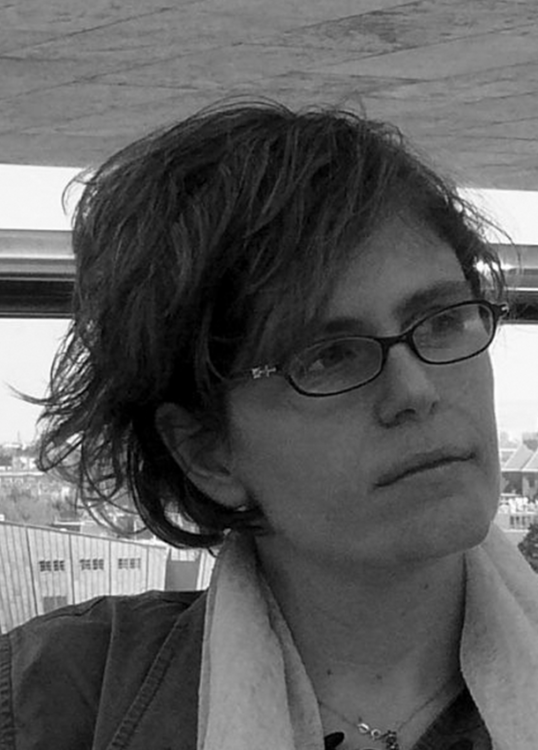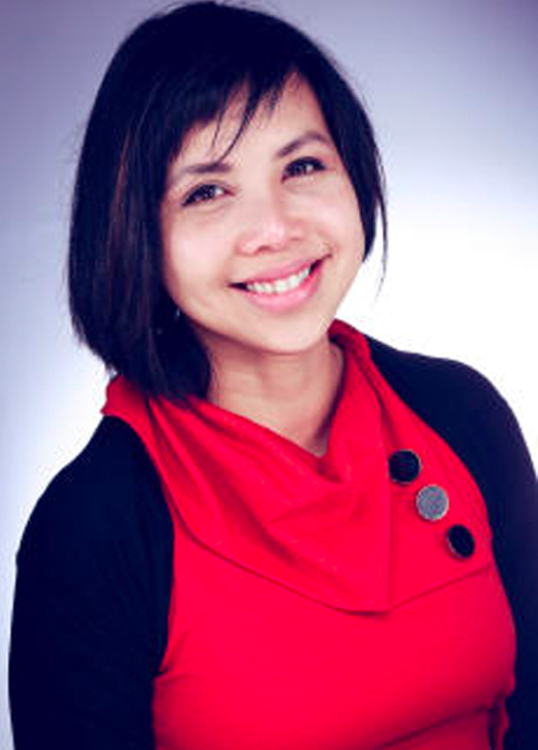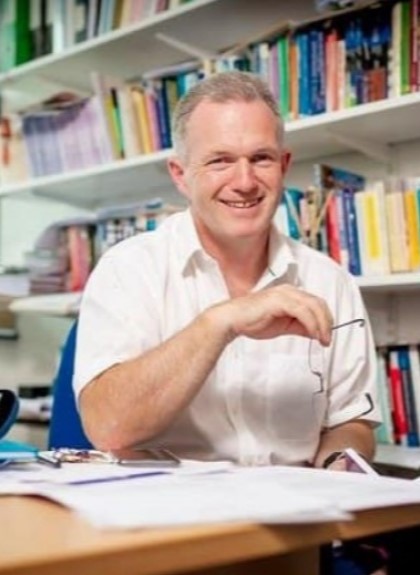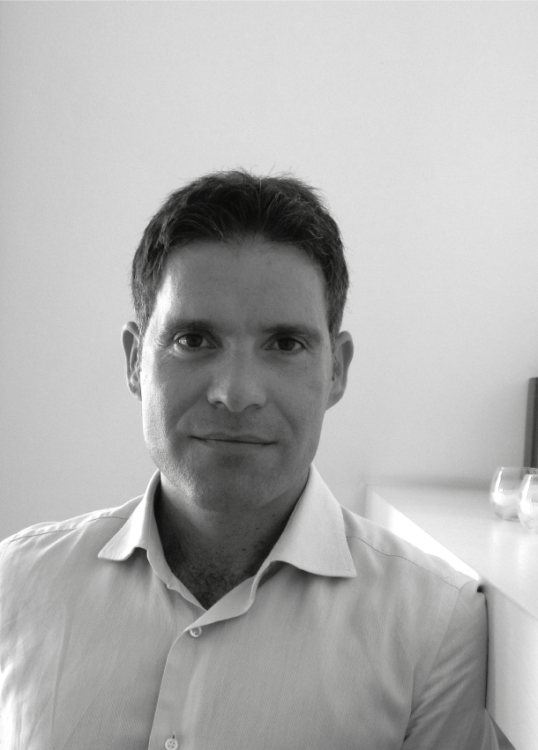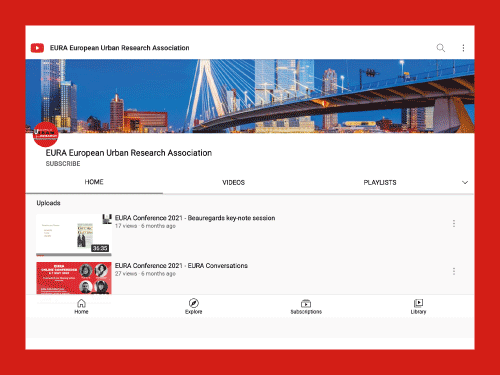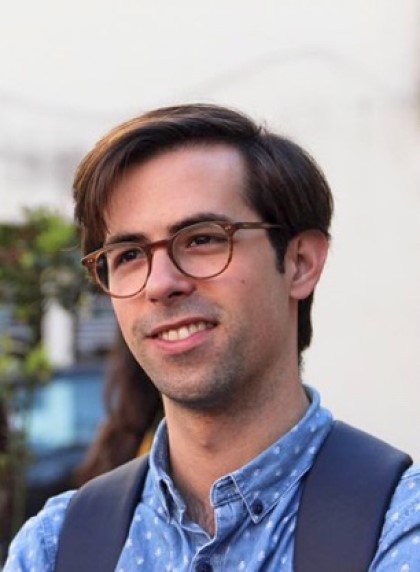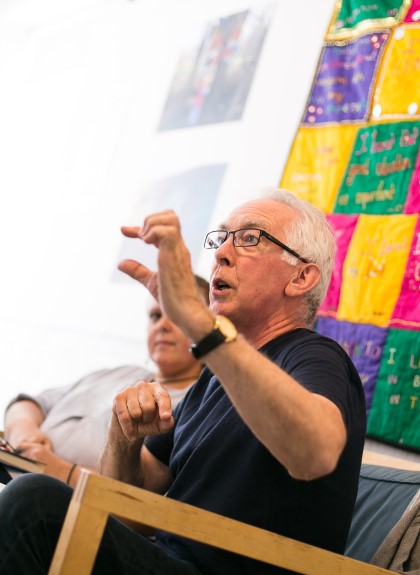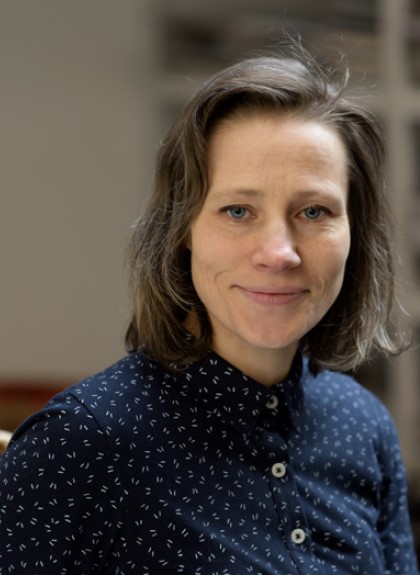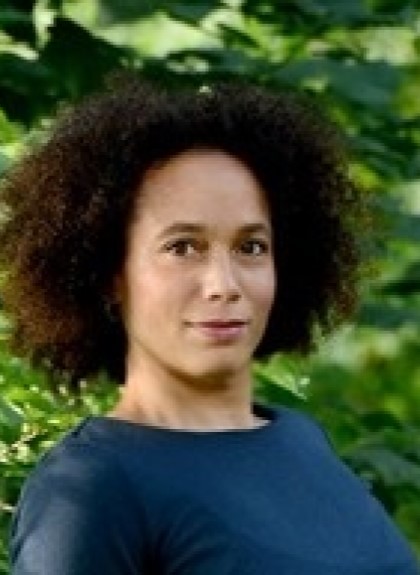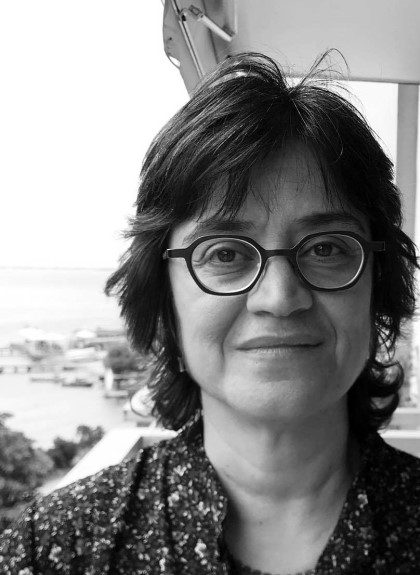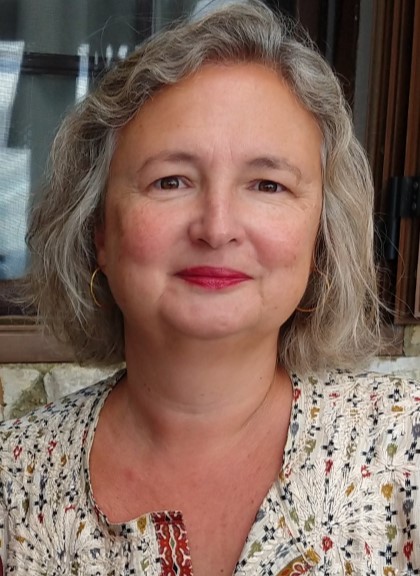EURA Editorial Team
14/02/2022
The governance of Covid-19 pandemic has been broadly framed by policymakers as “a war against an invisible threat”. Across the globe, countries have implemented a range of lockdown policies to contain Covid-19. During these lockdowns, cities worldwide looked as if they really were in the midst of a war. In most cases, restrictions were placed on movement and social interaction,...
31/01/2022
Before Covid-19, Aotearoa New Zealand performed as a proxy of the Global North. We traded and travelled back and forth between Europe and the Americas, with and via Asia and Africa. That life has been suspended. The pandemic has revealed our true location as a Pacific land—and geographic distance has never been of more advantage. All that blue lashing our edges on the globe, marking our islands as distant i...
17/01/2022
In this conversation I contend that amongst the clamour for schools to ‘return to normal’ teaching professionals need to step back, reflect on their Covid-19 experience, and use it as a springboard for creating schools for the twenty-first century. While researching teacher attrition and resilience, which coincided with the Covid-19 pandemic, I was able to hear from the chalkface of serving educational profes...
12/12/2021
Covid-19 has, at least temporarily, changed the way we use cities. Some of the well-known shifts in our behaviour have been documented in this conversation series. Increases in distant working and the slowing down of public life in general have, on the one hand emphasised the meaning of the home environment and the quality of neighbourhoods, and on the other hand challenged the role of the city centres, office spaces and public transportation. However, the pandemic ha...
29/11/2021
During the last year and a half, I have been sitting on my chair, in front of a tiny table, spending entire days speaking through my pc to colleagues from all over Italy and Europe. Despite the lockdown, and the terrible uncertainty and sorrow of the last months, I never really felt alone: a 5-year-old child at home and full days of online meetings, seminars and conferences left little space for loneliness. ...
15/11/2021
I initially intended to write a blogpost about cooperation within and between cities. Alas, my plan to share insights from the resiliency of cross border cooperation during the pandemic will just have to wait because I have another pressing issue on my mind. As I write, government and industry leaders, scientists and activists are convening in Glasgo...
01/11/2021
In EURA Conversation 17 I asked if teaching had been remembered in the Covid period. The indication was students were remembered but the staff and their teaching had been forgotten. Twelve months on, and it may still be too early, I ask if any lessons have been learned. The clamour from students and politicians, is to get students back into classro...
19/10/2021
A cool ocean breeze, the slow rustle of the coconut tree, and the gentle rhythmic call of a kiskadee. Those are the sounds that usually wake me in the morning. Since the beginning of the pandemic, though, those soothing sounds have been replaced by the loud, jarring sirens of ambulances. In Julia Kozebue’s EURA...
06/10/2021
In May 2020 we started EURA Conversations with the aim of stimulating a critical debate on the future of cities during one of the hardest challenges experienced by urban communities for decades: the lockdown due to the COVID-19 pandemic. Since then, 26 scholars from across the globe have contributed a wide range of personal views on how cities were ...
26/09/2021
EURA has a new YouTube channel! This will be a space to share interesting contents regarding urban research, including videos of our events and much more! […]
12/07/2021
As pointed out by the United Nations, the ongoing health crisis has expanded to “a crisis of urban access, urban equity, urban finance, safety, joblessness, public services, infrastructure and transport” with severe effects on wellbeing and quality of life. At the same time, cities have taken centre stage as regards the implementation of measures to tackle the challenges of the COVID-19 pandemic. A study cond...
05/07/2021
In June 2020 the links between the COVID-19 calamity and a renewed campaign to end racism in the modern world came together at a dramatic public protest here in Bristol, of which more in a moment. As early as April 2020 researchers in the USA had already shown that COVID-19 was disproportionately affecting black communities. For example, in Chicago, at that point in time, while African Americans comprised 30% of the population, they accounted for 70% of the COVID-19 ...
21/06/2021
COVID-19 stems from our mistreatment of wildlife, but wildlife could ultimately profit, if the pandemic prompts us to rethink our relationship with nature and plan a green recovery. This is especially true in cities, where urban rewilding is critical to rebuilding healthy, resilient communities. Earlier contributions to the EURA Conversation series have highlighted the importance of improving public spaces in the city—for example, EURA Conversation 6 by Marichela Sepe...
07/06/2021
At the beginning of this year, when many European countries and especially their cities were confronted by the second wave of the COVID-19 pandemic, the Director-General of the World Health Organisation (WHO), praised Keith Christopher Rowley, Prime Minister of The Republic of Trinidad and Tobago for the health protecting measures and leadership his government had introduced to respond to the COVID-19 crisis ...
24/05/2021
Research on public space was already proliferating long before the COVID-19 pandemic started. And so were worries regarding the erosion of its true function as a democratic space accessible to everybody as well as projections of “the end of public space”. Already in the early 1960s, Melvin Webber, of the University of California Berkeley, was forecasting “community without propinquity” and the “nonplace urban realm”, presciently reflecting upon the effects of communic...
10/05/2021
UN-Habitat estimated that 95% of all COVID cases worldwide are located within urban areas. African cities are historically characterized by unequal spatial patterns and a substantial lack of networked basic infrastructure, making most inhabitants unable to meet their basic needs. Adding the COVID-19 pandemic has quite obviously increased some of the fundamental inequalities characterising African cities. Rapid and unplanned urbanization, the prevalence of informal set...
26/04/2021
In Portugal municipalities are responsible for school infrastructures and staff, whereas teachers are provided by the Ministry of Education. In face of the Covid-19 pandemic, a state of emergency was declared on March 18th, 2020. Schools and universities were closed, and online teaching was enforced, as well as a state program for TV-schooling. It went on for the remaining of the school year, except for the last two grades of high school, whose students returned to sc...
12/04/2021

